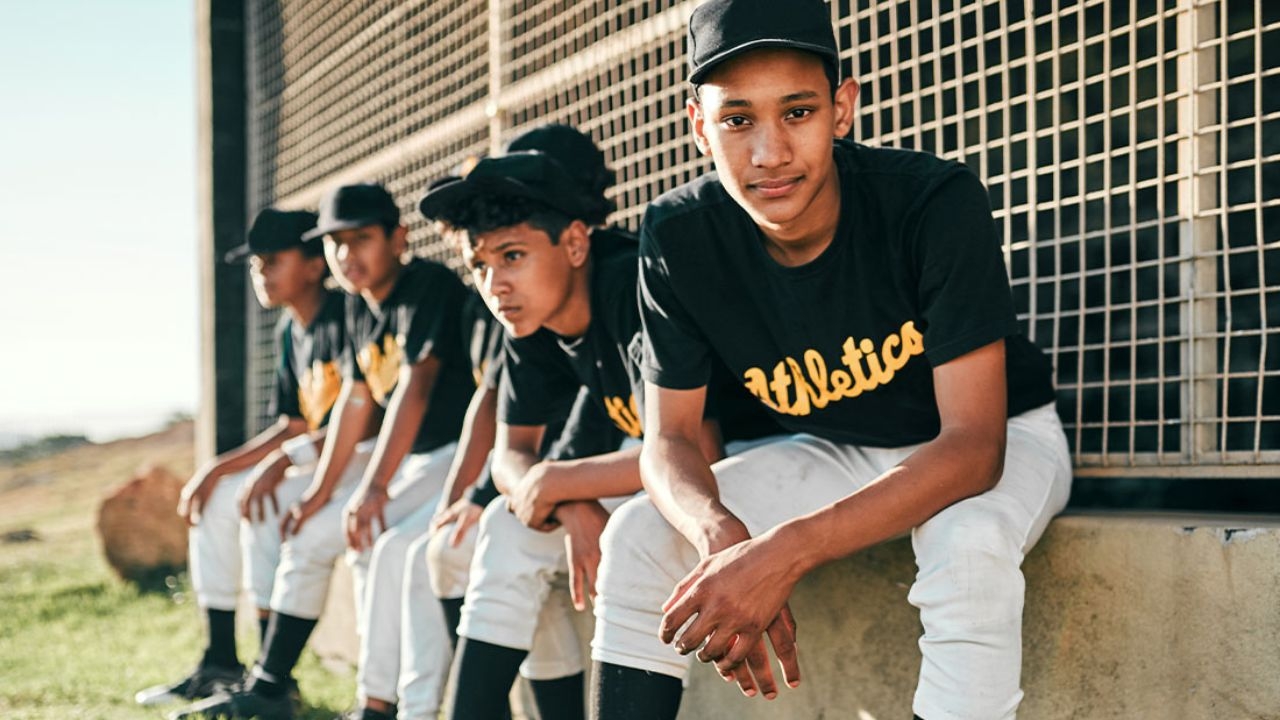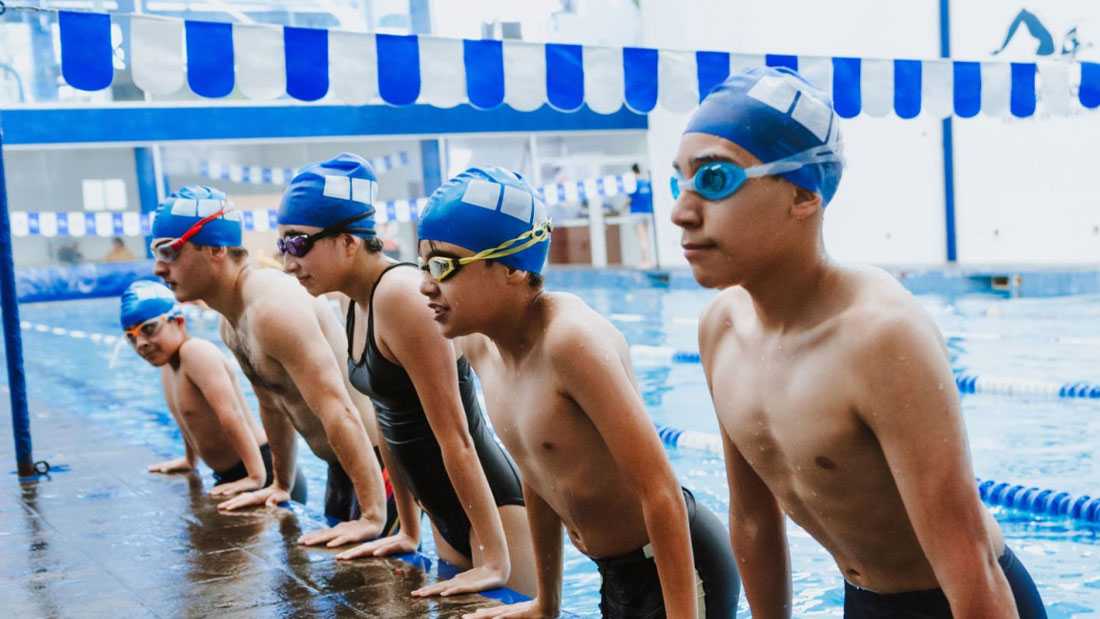How to Be a Team Player When It Comes to Mental Health
Parents and coaches can take specific actions to support the mental health of young athletes
U.S. Center for SafeSport
| 3 min read

Today’s young athletes face more pressure than ever to perform—whether in interscholastic games, camps, or showcases that can give them a leg up for scholarships or elite competition. For these and many more reasons, coaches and parents must recognize and support the mental health of young athletes.
Truth is, mental health challenges are common for athletes of any age—53% of athletes surveyed by the U.S. Center for SafeSport reported they had struggled with depression, anxiety, or another mental health concern. Youth have experienced increased mental health challenges since the COVID-19 pandemic began.
Young athletes in particular may not talk openly about these struggles due to pressure they may feel to push stoically through adversity; “no pain, no gain,” they may think.
Below are three simple steps every parent and coach can take to initiate open, age-appropriate conversations with young athletes about mental health. Kids may not always feel comfortable starting the conversation, but if you approach them authentically and compassionately—a touch of vulnerability won’t hurt, either—they may follow your lead.
For Coaches:
- Create a simple way for athletes to let you know how they are doing at each practice or meeting (like using specific hand signals or colors). Reach out to athletes who aren’t doing well.
- Let athletes know that mental health challenges are common and nothing to feel ashamed about. Some of America’s greatest athletes recently talked about these challenges: honor their strength as individuals as well as athletes.
- Check in with athletes at high-stress times like competitions, exams, or graduation. Let them know it is common to feel anxious, scared, or stressed. Connect them with tools and resources that can help them cope; make sure all communication with athletes complies with your organization’s policies.
For Parents:
- Talk with your child regularly about their feelings—whether they are happy, excited, nervous, or upset. Listen to them and ask how you can help or support them.
- Normalize therapy. Talk with your child about public figures who have openly discussed their mental health treatment journey, and your own experiences if relevant.
- Remind your child that you want them to enjoy their sport experience. If their environment is hurting their mental health rather than supporting it, it might not be the best place for them anymore.
When youth athletes are safe and supported, sport participation can strengthen their mental health. U.S. Center for SafeSport courses and resources have been created to help coaches and parents create positive sport environments where youth athletes can thrive.
If you or someone you know is in crisis or considering suicide, please dial 988 or visit 988lifeline.org
Be ready to recognize abuse in sport and respond wherever you are. Download the SafeSport Ready mobile app today.




